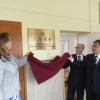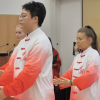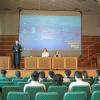“Collaboration on an international scale”
2025
May
20
On May 16, the third international conference of the Global Alliance of Confucius Institutes of Chinese Medicine (GACICM) was held at the Faculty of Health Sciences of the University of Pécs. The GACICM is an international network of Confucius Institutes focused on Traditional Chinese Medicine, which was launched in 2020 by the Confucius Institute in Galway, Ireland. The alliance promotes collaboration and exchange among its members, aiming to advance Traditional Chinese Medicine education, research, and clinical practice worldwide. Professor Timothy O'Brien, the Irish Director of the Confucius Institute of Chinese and Regenerative Medicine at the National University of Galway, Ireland, was kind enough to share his insights with us at the conference.
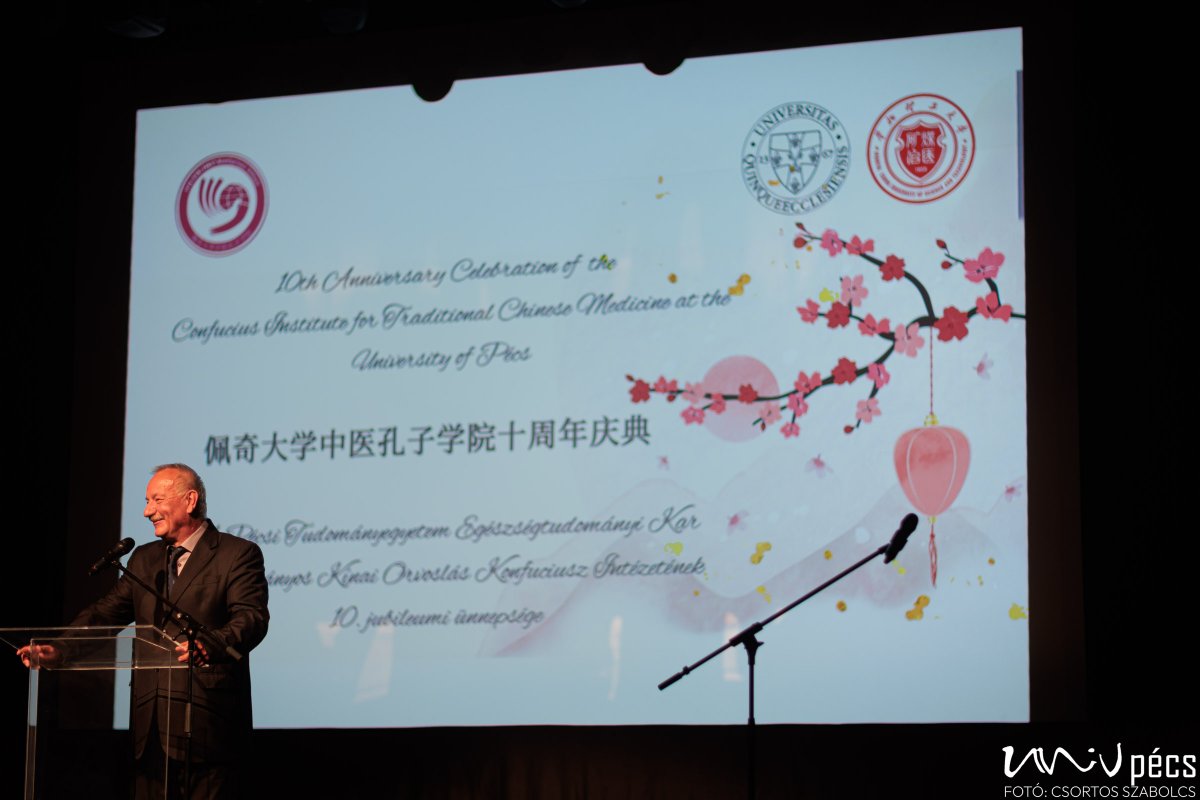
What developments led to the launch of this global network?
There are more than 500 Confucius Institutes around the world, but 19 of them have a focus on Traditional Chinese Medicine, seven of these are in Europe. So, we (the Confucius Institute of Chinese and Regenerative Medicine in Galway, Ireland – the editor) decided shortly after we were established to approach the other Confucius Institutes with an emphasis on Chinese medicine to form a global alliance.
Our goal was to bring together across the five continents and in the 19 different countries a collaborative network that would have purposes of enhancing clinical practice, education and research, and in general, the friendship and sharing that goes along with collaboration on an international scale.
Our first annual meeting was in Beijing two years ago, last year we were in Cape Town, and this year in Pécs to align with the 10-year celebration (of the Confucius Institute for Traditional Chinese Medicine at the University of Pécs – the editor), which occurred yesterday. This meeting is where we discuss issues related to clinical practice of Chinese medicine, education and research. The papers that are being presented deal with these topics, and then at the end of the day, we have a round table discussion where we talk over collaborative projects.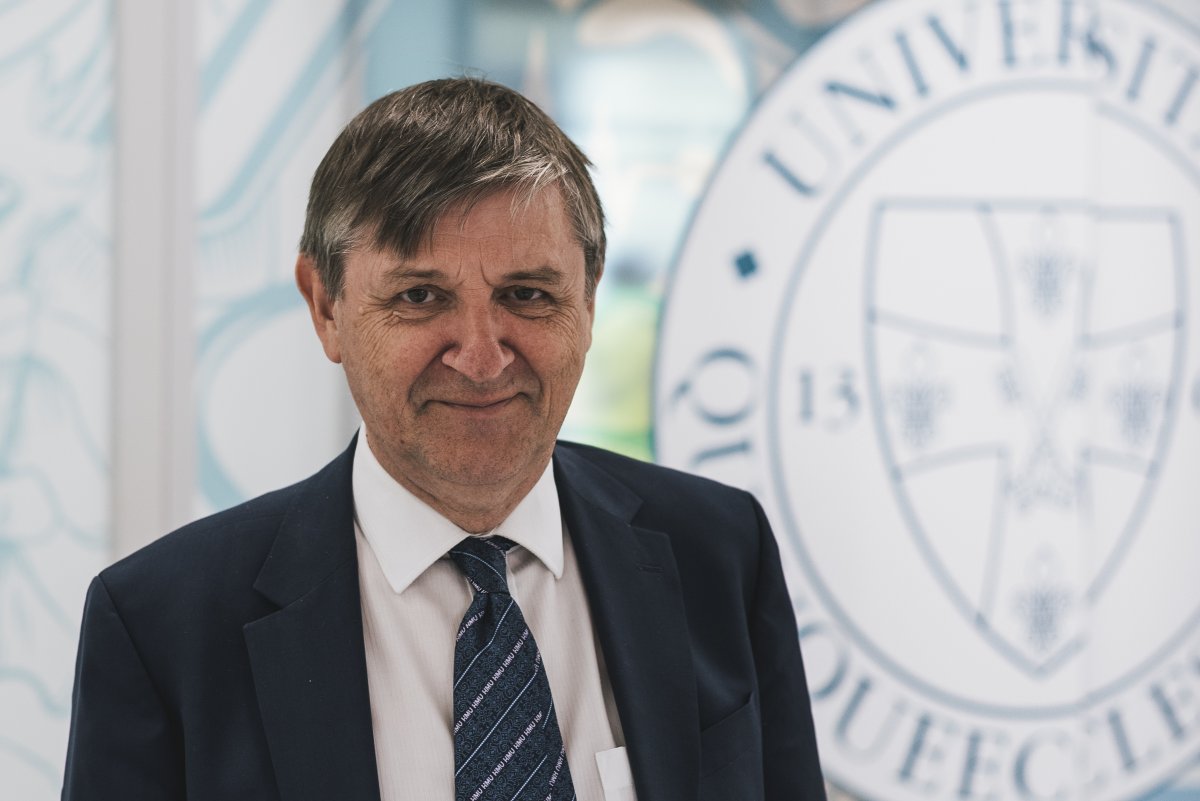
Could you please elaborate on these three areas of interest related to Chinese medicine?
One of our focuses in Galway is the interaction interface between Chinese medicine and regenerative medicine. We have a stem cell research program where we're exploring Chinese medicine-derived molecules and whether they have regenerative properties in our stem cell models. We have stem cell models of Alzheimer's disease, neuron disease, or sudden cardiac death, and the Chinese medicine partner has libraries of thousands of molecules which we can test in our stem cell models. Each Confucius Institute has a Chinese partner, in our case, the Nanjing University of Chinese Medicine. So, this is one example of research activities working together with the Chinese partner to identify new compounds to treat current diseases, which have no good treatment in our system. We also have research activities in acupuncture across some of the countries and on the physical exercise parts of Chinese medicine, like Tuina, which is a type of Chinese medicine.
On the education front, we try to explore how Chinese medicine education happens across all of our countries because Chinese medicine over 5,000 years has been largely confined to China and has limited uptake in other parts of the world.
We're comparing what the educational processes are to become a Chinese medicine practitioner, what is the continuing medical education requirement once you are qualified to continue being a practitioner and how do we educate the public about what Chinese medicine is.
Then on the clinical practice front, we have a project at the moment where we're exploring how acupuncture is used in these 19 separate countries in five continents. This it gives us an opportunity to determine how acupuncture is practiced. This includes finding out what the qualifications are, if it’s regulated at the government level, is it like nursing and physiotherapy. There are very big differences between the countries, so we will work with local practitioners to enhance the uptake of practice.
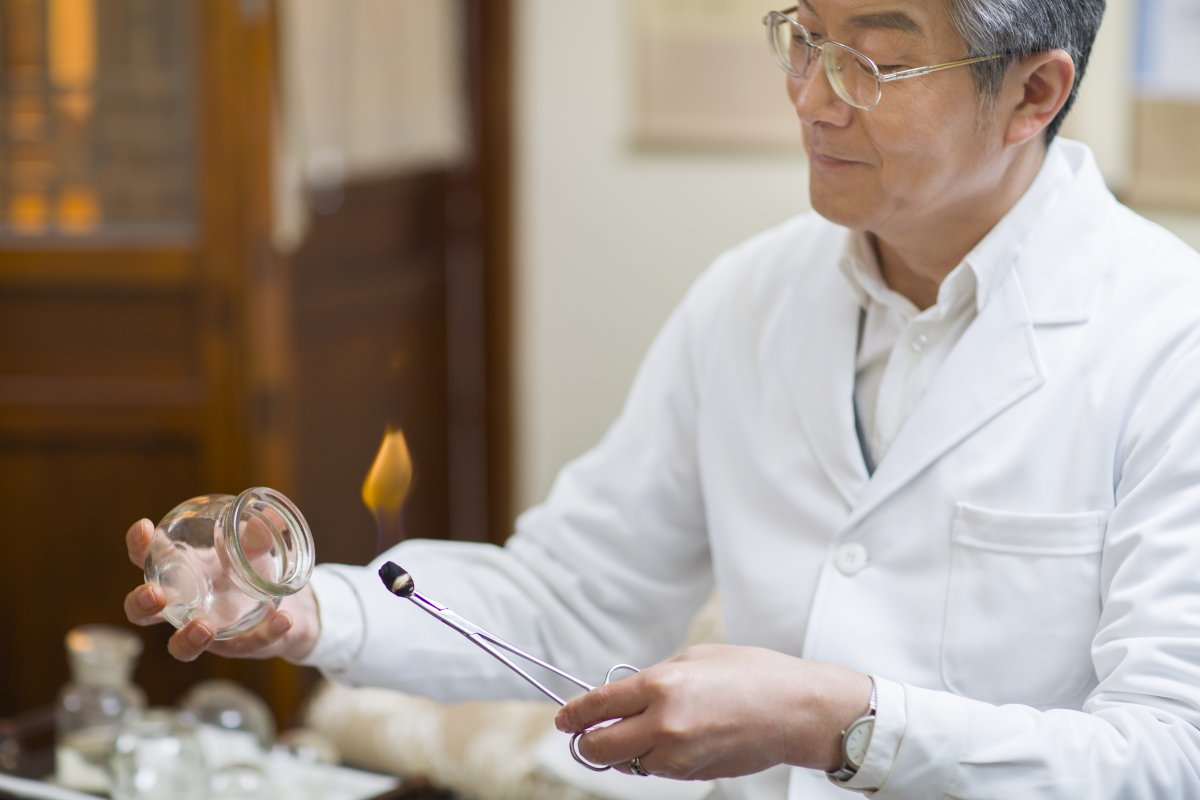
Why is this conference important today?
On the research front, it's to promote the understanding of how Chinese medicine works. Chinese medicine is largely experiential, it's been passed on through generations, while western medicine tends to have a scientific evidence base we're trying to marry these two concepts. So I would say
the most important aspect is to develop new therapies or an understanding of existing therapies.
From an education perspective, we want to harmonize educational processes across the globe, and in terms of clinical practice, we want to explore regulation and how the practice happens day to day. This is a forum whereby representatives of 19 separate countries can put their experience on the table, and we learn from each other.
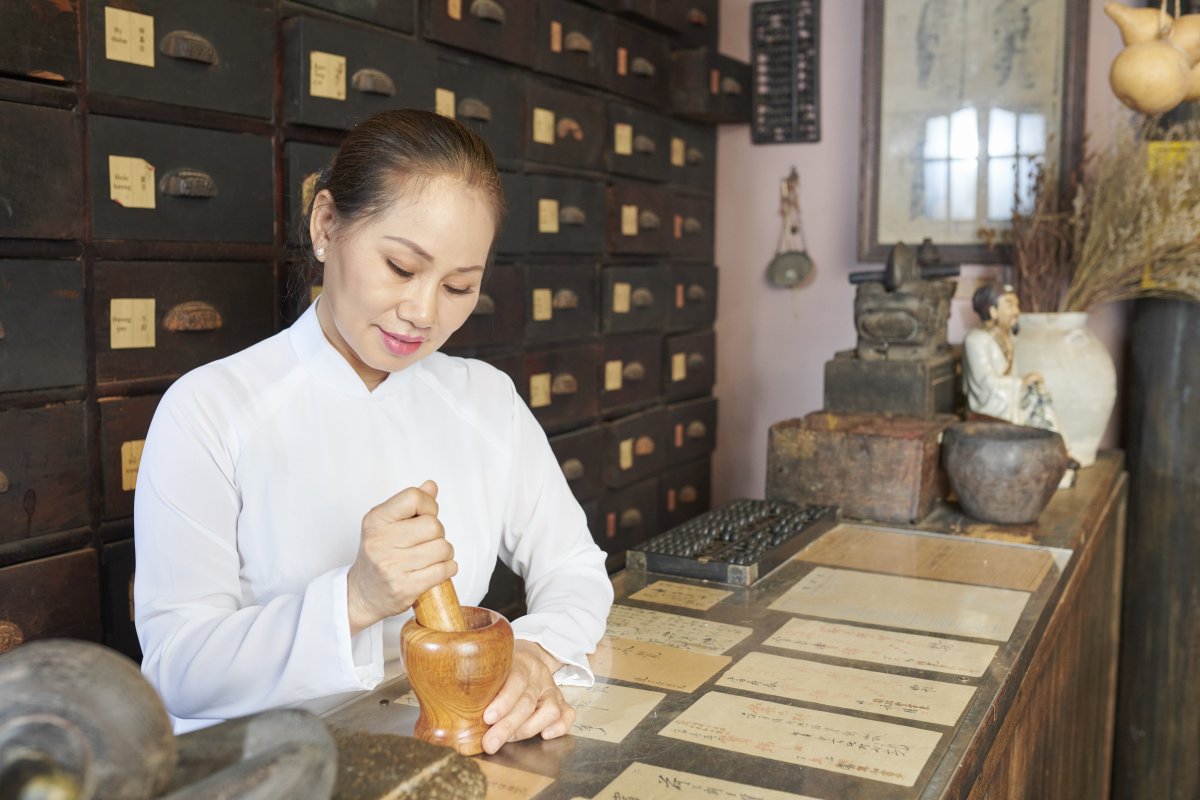
Our future goals are to develop, in particular, new therapeutic products. Also, one of the principal long-term goals is to harmonize educational processes and to enhance the uptake in clinical practice of effective therapies, and to provide the scientific underpinnings. We're also a good way through our survey of acupuncture, which we hope to publish within the next year to describe the regulatory environments, the education environments, and the current state of acupuncture practice in the countries that have Confucius Institutes of Chinese Medicine. And from that then we will determine future research areas, future education projects, and clinical practice collaboration.
Written by Bence Varga
Communication and Media Science Student
- Log in to post comments
University of Pécs | Chancellery | IT Directorate | Portal group - 2020.
